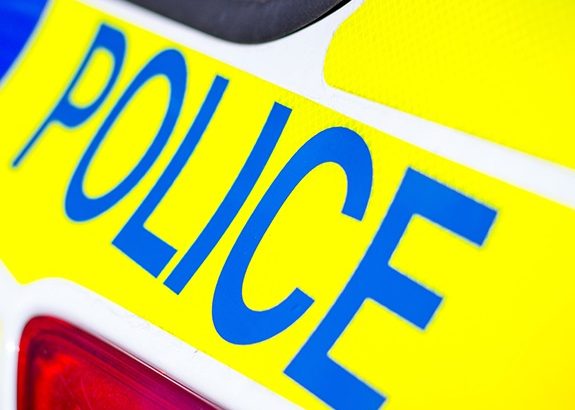This week sees the start of a national campaign which aims to raise awareness amongst drivers who choose to use their mobile phone behind the wheel. This campaign runs in parallel with National Eye Health Week which works to highlight the importance of maintaining roadworthy vision.
Suffolk Police are supporting both campaigns which are led by the National Police Chiefs’ Council (NPCC) and run until Sunday 12 March.
The use of a mobile phone whilst driving or whilst stationary with the engine switched on has been illegal since December 2003 but this has not stopped a significant number of drivers from using their handheld devices behind the wheel.
Mobile phone use whilst driving is one of the ‘Fatal Four’ offences. The fatal four refer to the four leading contributing factors which cause serious and fatal collisions. This means it is a priority for our roads policing team.
The aim of the campaign is to change the behaviour of drivers and highlight the consequences of using a mobile phone whilst driving. This does not only refer to those making calls, but also those who may be checking texts and emails or changing a playlist.
Although legal, hands-free use of your mobile phone is not without risk. Any distraction in a vehicle will increase your chance of being involved in a collision. We would like to remind all road users to ensure that their focus remains on the road and they should consider not dividing their attention between a telephone call and their driving.
You will see an increased number of patrols in Suffolk with officers actively focussing on those who continue to choose to use their mobile phones whilst driving. This will involve officers utilising both marked and unmarked vehicles in increased patrols to target these offences.
As of March 2017, drivers committing this offence will automatically receive six points on their driving licence as well as a £200 fine. For new drivers (those who have been driving for under two years) this could see them having their licence taken off them.
As this year’s mobile phone campaign coincides with national eye health week, police forces across the country will be asking, ‘Is your vision roadworthy?’. Our officers will be conducting roadside eye testing at every opportunity. This will allow Suffolk Police to engage with the public and educate them about the importance good vision when driving.
Chief Inspector Jon Chapman, Head of the Joint Norfolk and Suffolk Roads and Armed Policing Team, said: “If you are using a mobile phone whilst driving, you are not giving the road your full attention. There is a chance you could miss a vehicle breaking in front of you or a hazard appearing on the road and you will not have full control of your vehicle.
“Driving whilst distracted is incredibly dangerous. It will only take seconds for a change in the road dynamics to result in a collision and you have a responsibility to keep you and your fellow road users safe.
“It is for this reason that you should also ensure that you have regular eye tests to make sure that your eyesight is roadworthy. A decline in your eyesight can be difficult to recognise as it changes slowly over time but visiting an optician at regular intervals can help pick up on vision loss that needs correcting.”
“Your ability to see and monitor the road ahead of you has a direct impact on your ability to avoid a collision.”
Tim Passmore, Police and Crime Commissioner for Suffolk, said: “Every time we get behind the wheel to set off on a journey we place ourselves in a potentially risky situation. It’s so very important that we do everything we possibly can to minimise any possible risks.
“Being completely focused on our driving is crucially important. Fiddling with a phone for even a second could be disastrous. In this week of awareness we need to get this message through to those who continue to flout the law by using their phone behind the wheel. They need to understand the danger they are putting themselves and others in.
“This week the Constabulary is also encouraging us all to check our own roadworthiness which is equally important. If we all take a little more care of ourselves and our driving I hope we can make our roads safer for all.”

